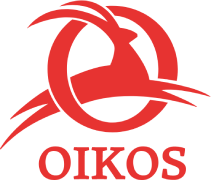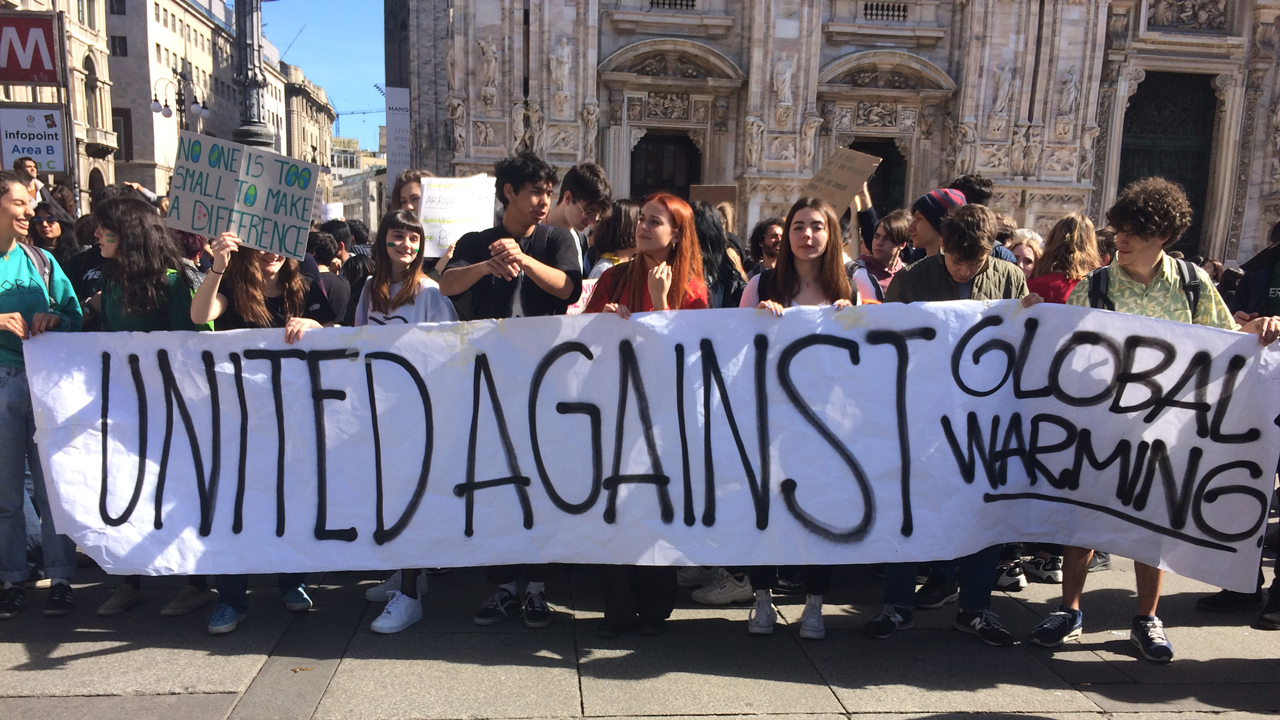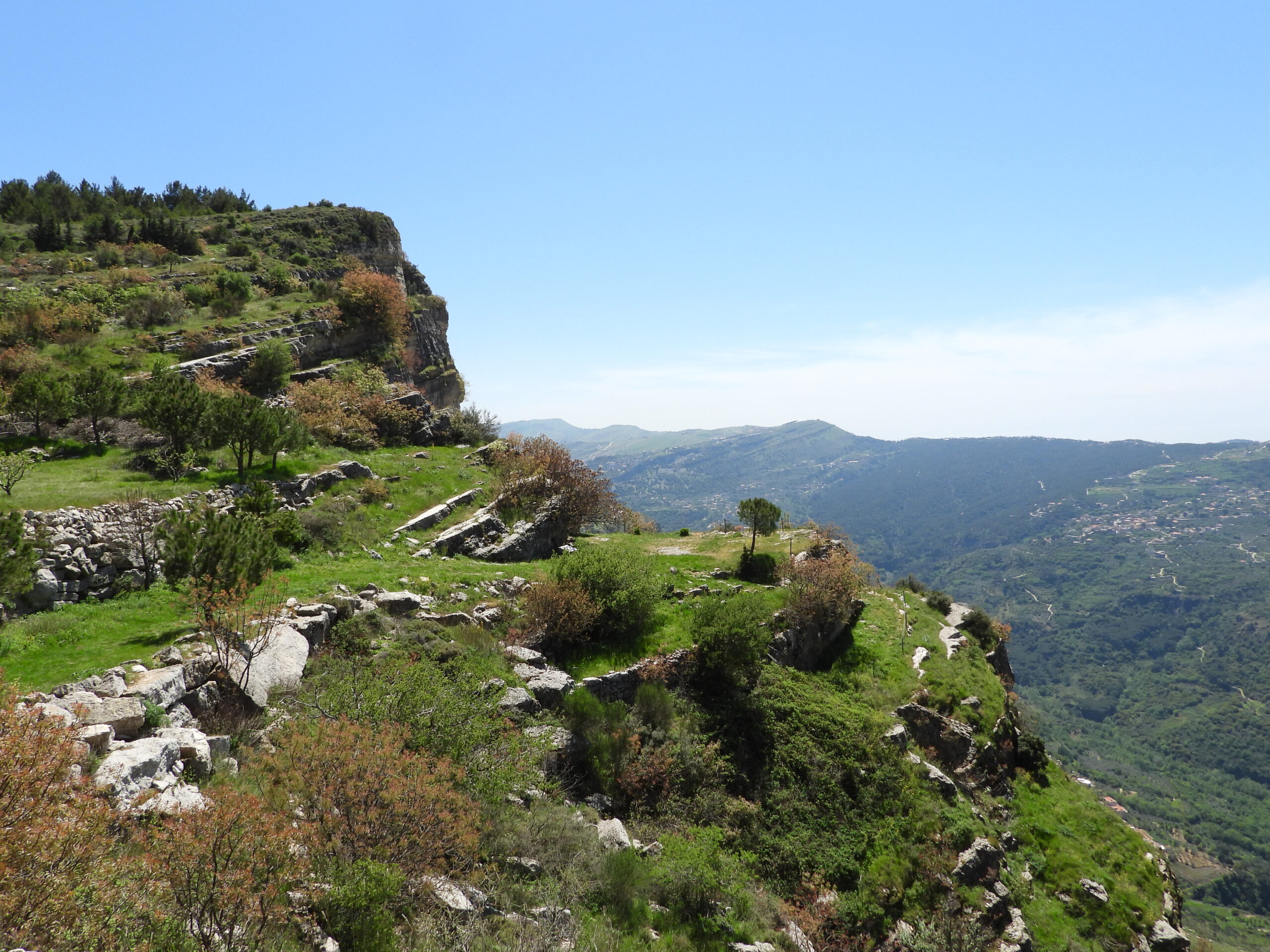People Empowerment
We support an economy that values people and respects the planet
Nature is the foundation of all economic activity on Earth. Everything we are, produce, and consume -
water, food, fuel, materials, transportation - depends on it. But the overexploitation of natural resources
has triggered an unprecedented environmental and economic crisis. And the communities paying the
highest price are those in the Global South, whose survival depends directly on these resources.
We work hand in hand with these communities to build a model of sustainability that is ecological, social,
and economic. A model that drives a just transition toward an inclusive economy: one that protects biodiversity, generates income, and fosters social innovation.
REFERENCE FRAMEWORK
SDGS 1 “NO POVERTY”, 2 “ZERO HUNGER”, 5 “GENDER EQUALITY”, 8 “DECENT WORK AND ECONOMIC GROWTH”, 10 “REDUCED INEQUALITIES”, AND 12 “RESPONSIBLE CONSUMPTION AND PRODUCTION” – UN AGENDA 2030
Our commitment to an inclusive and sustainable economy
We believe economic growth and environmental protection can go hand in hand by investing in small-scale green and social enterprises. We work to increase income opportunities for vulnerable groups while reducing the environmental impact of production, through technical training, microcredit, and support for the circular economy.
Food security is one of our top priorities. Every day, we strive to ensure that the most vulnerable have access to healthy, nutritious food - locally grown and locally sourced.
Women, the backbone of rural communities, are at the heart of our programmes. We promote their rights,support their talents, and foster long-lasting, transformative change.
Our results in 2024
2250 parcels
of food, distributed to 150 Lebanese families
731 producers
Trained in Mozambique to improve market access
144 persons
They receive technical and vocational training in Lebanon
454 women
Supported in their activities in Tanzania
Supporting local economies
Helping small producers access markets and strengthen their organisational skills
Supporting new small businesses in food, ecotourism, and handicrafts
Technical and vocational training, especially for youth, women, and disadvantaged groups
Waste reduction and recycling initiatives, including circular economy models
Promoting Food Security and Food Education
Campaigns on healthy eating habits and reducing food waste
Food distribution programmes and diversification of local food production



